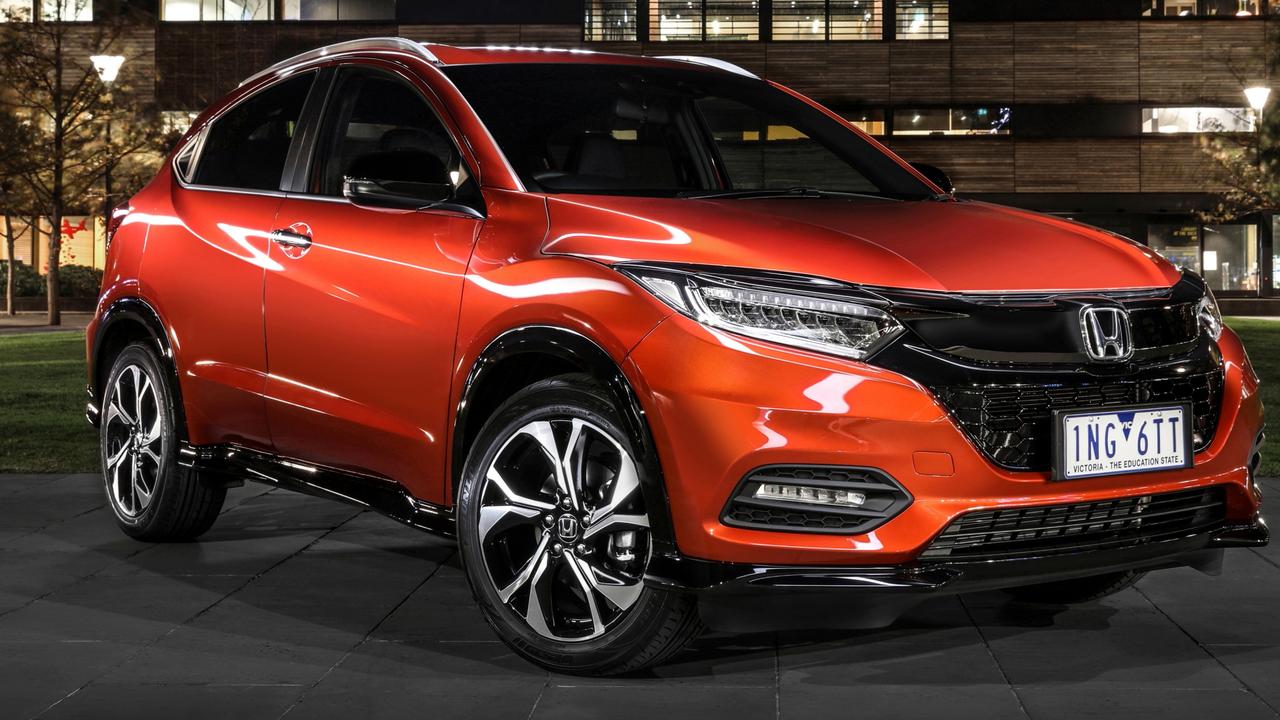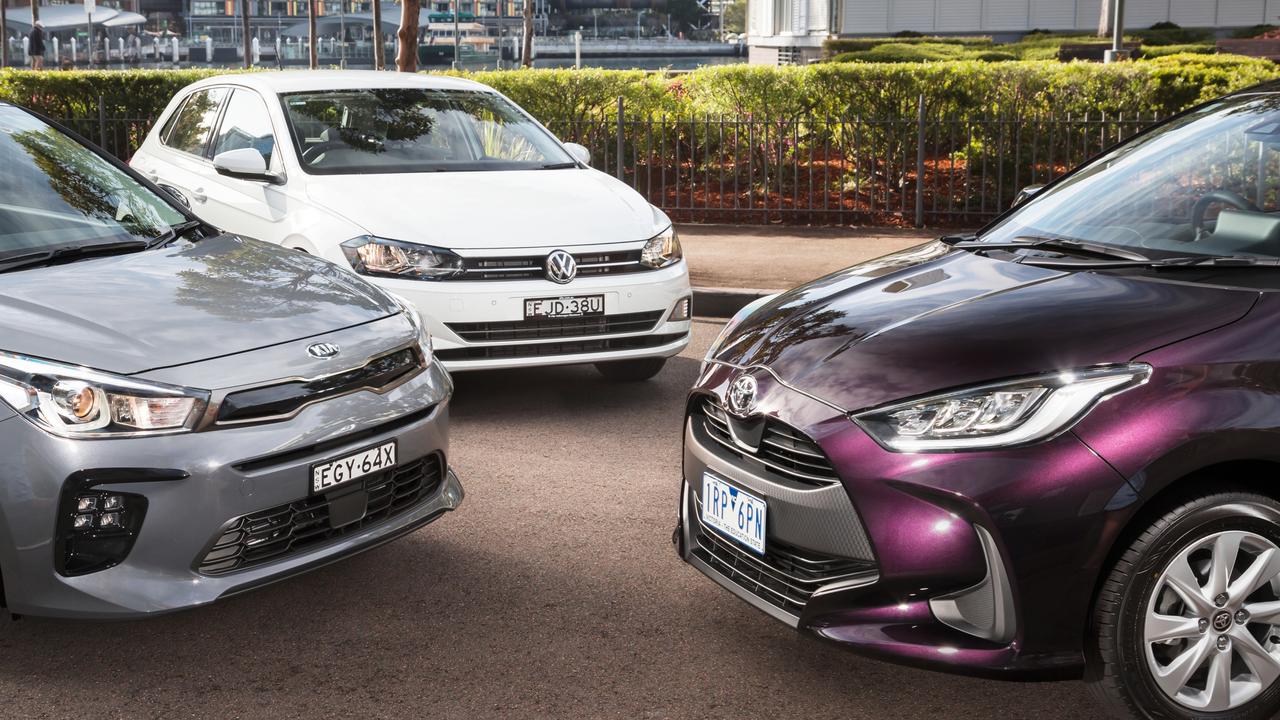Hyundai i30N review: Is this Australia’s best value performance car?
Australians love fast cars, but many are out of reach of the average driver. But Hyundai’s superb hot hatch brings top shelf performance at a reasonable price.
New cars
Don't miss out on the headlines from New cars. Followed categories will be added to My News.
It isn’t often that a car maker’s first attempt at a performance car hits the spot so sweetly as Hyundai did with the i30N hot hatch. This is why it has won over so many fans in Australia.
Value
The RRP of $40,990 translates into roughly $45,000 drive-away. Go for the hatch over the swoopier fastback — it’s cheaper and looks better. You get a lot of performance for your money from our News Corp 2018 Car of the Year, including adaptive suspension, limited-slip diff, launch control, big brakes, active exhaust and other go-fast goodies. Visual cues that separate it from the regular i30 include a rear diffuser and 19-inch wheels wrapped in sticky Pirelli rubber. Inside there are bucket seats, sports steering wheel and alloy pedals — you may feel a little shortchanged by the black plastic handbrake lever and door handles, and the lack of rear air vents and push-button start. Luxury pack will set you back about $3000. The five-year warranty admirably covers some track work.

Comfort
Among Hyundai’s changes for the 2020 i30N, the most noticeable is the softer suspension set-up, which does a better job of coping with pockmarked and potholed back streets. For a hot hatch with the cornering prowess it displays, the ride is very good, especially considering the low-profile tyres. There’s no automatic option at the moment, so be prepared to shift gears a lot in city traffic — happily, the short-throw gear lever makes it fairly painless. Rear leg and headroom are generous but the lack of air vents may draw complaints from the littlies.

Safety
The i30N comes standard with Hyundai’s “smart-sense” safety pack that includes autonomous emergency braking, driver attention warning and lane-keep assist. But it misses out on tech that is standard on rival hatchbacks, including blind spot warning, active cruise and rear cross-traffic alert.
Driving
Hyundai says the softer front suspension delivers sharper turn-in, more adjustability and better grip. It also helps the driver get the power down better out of corners. It was difficult to spot the difference without a back-to-back test, but the car does an impressive job of putting a lot of power and torque (202kW and up to 378Nm) through the front wheels without getting messy. There’s a bit of a wriggle from the steering wheel under acceleration out of corners but overall it’s a car that is very easy to drive quickly. The engine is strong from the get-go, with minimal turbo lag, and it feels just as strong in the mid-range. There’s great aural feedback for the driver and it’s a lot of fun to play around with the drive settings, adjusting exhaust noise, steering feel and throttle response.

Verdict 4/5
The i30N offers more bang for your buck than its rivals. It’s a big ask over the regular i30 but for the extra money you get loads of tech, ample creature comforts, a spacious cabin and an entertaining drive.
Alternatives
Volkswagen Golf GTI, from $48,490 drive-away
The longstanding benchmark for hot hatches. More expensive and less powerful but for the extra spend you get a nicer interior and VW’s excellent seven-speed twin-clutch auto. A new model is due soon.
Renault Megane Sport, from $52,000 drive-away
Very accomplished performance car with a punchy 1.8-litre turbo four. A lot more money than the Hyundai but makes up for it with more standard equipment and better safety package.
Ford Focus ST, from $49,000 drive-away
Another excellent performer from a brand with a great hot-hatch pedigree. With 2.3-litre turbo four (206kW and a whopping 420Nm), it’s well worth a look.
Hyundai I30N vitals
Price: About $45,000 drive-away
Warranty/servicing: 5 years/unlimited km, $1595 for 5 years
Safety: 5 stars, 7 airbags, AEB, lane keep assist, driver attention warning
Engine: 2.0-litre 4-cyl turbo, 202kW/353Nm
Thirst: 8.0L/100km
Boot: 381L
Originally published as Hyundai i30N review: Is this Australia’s best value performance car?



